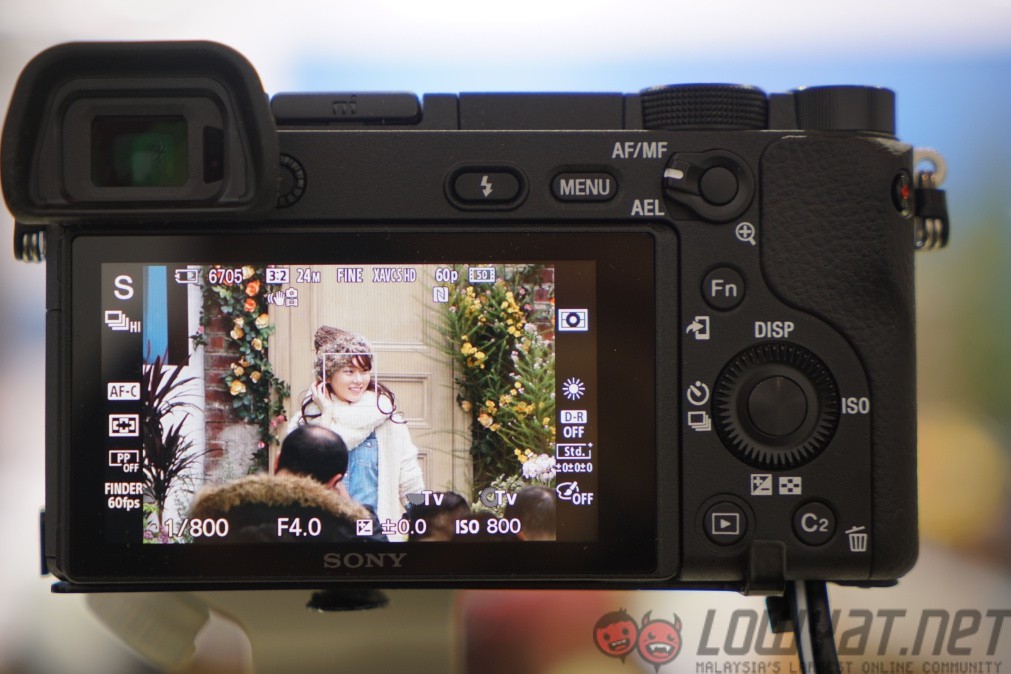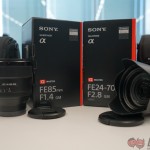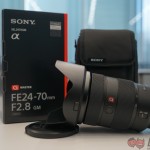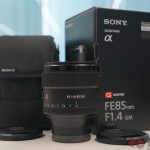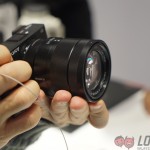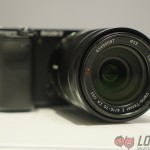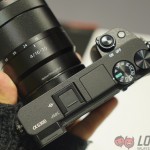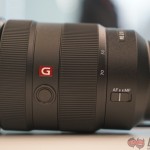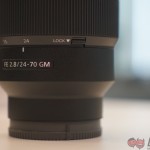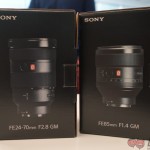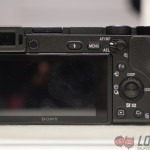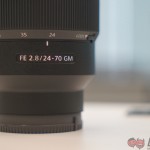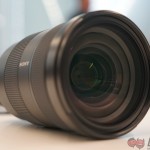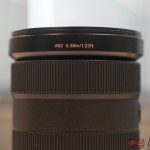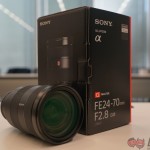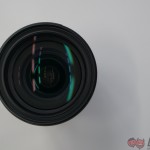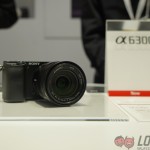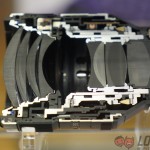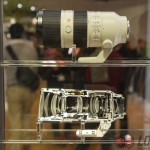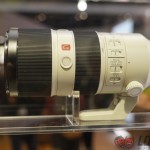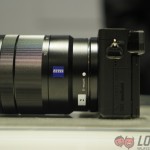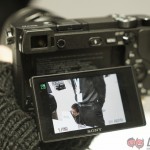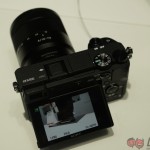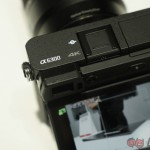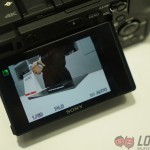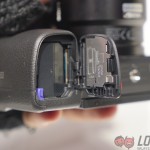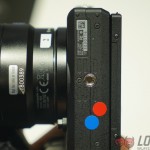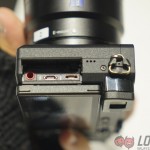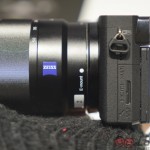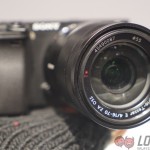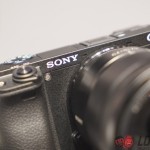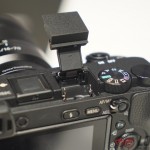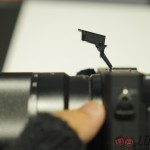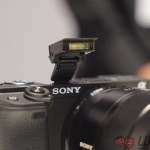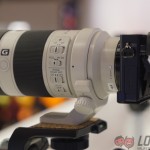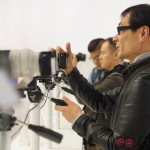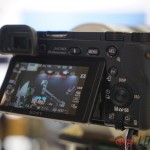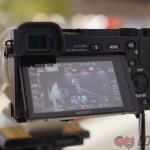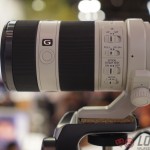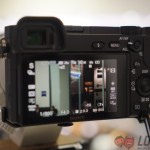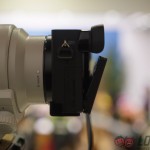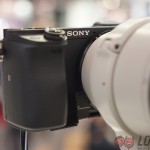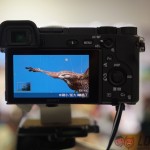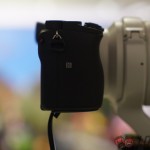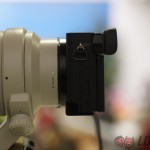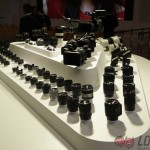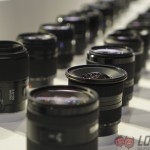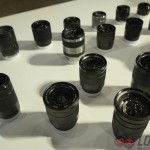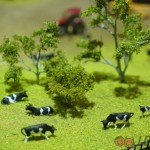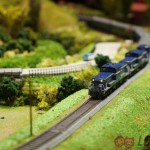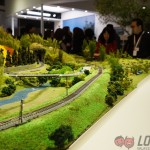While the global announcement was made a few weeks earlier, Sony made a big splash at the CP+ Camera and Photo Imaging Show 2016 where it showcased the Alpha 6300 mirrorless interchangeable compact camera and three of the latest G Master lenses. Given the A6300’s exciting features, it was only natural we spent some time with the new camera and its lenses.
Sony Alpha 6300
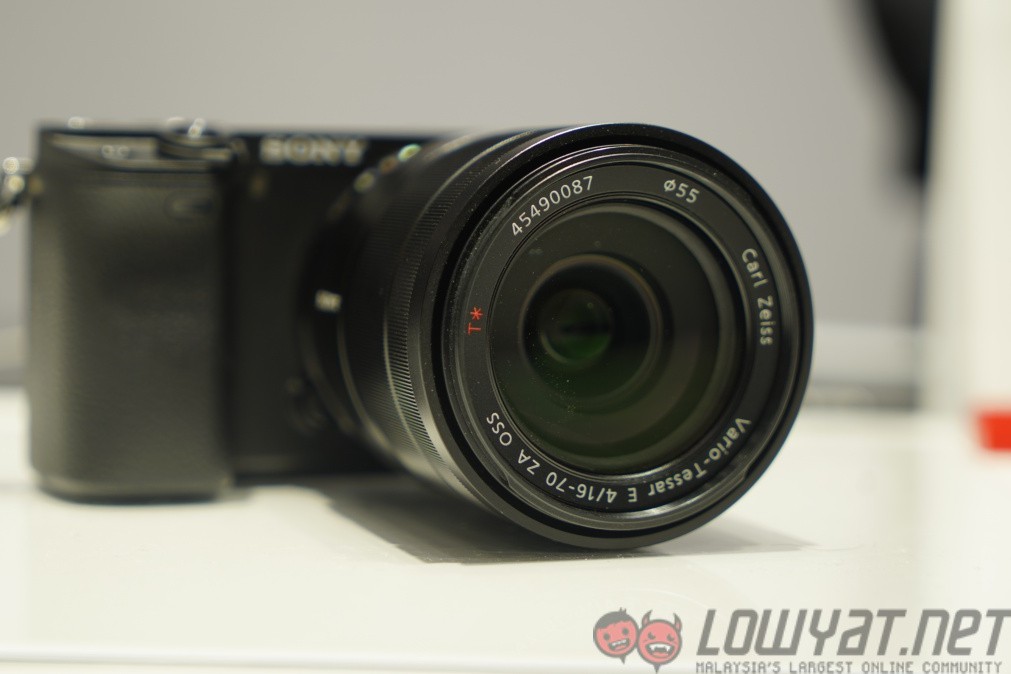
The Sony Alpha 6300 is a mirrorless interchangeable compact camera that uses an APS-C sensor instead of a full-frame sensor. Apart from taking amazing shots, the camera also has DSLR-like features to make the camera even more fun and practical to use.
The build quality of the Sony A6300 camera is really sturdy. You can easily tell from Sony’s choice of using magnesium alloy for the chassis and leather for the camera grip that this camera is designed and built to last. The combination of the two materials really makes the camera feel premium and comfortable to hold. Plus, even after using it for an extended period of time, the camera doesn’t have the slightest amount of heat.
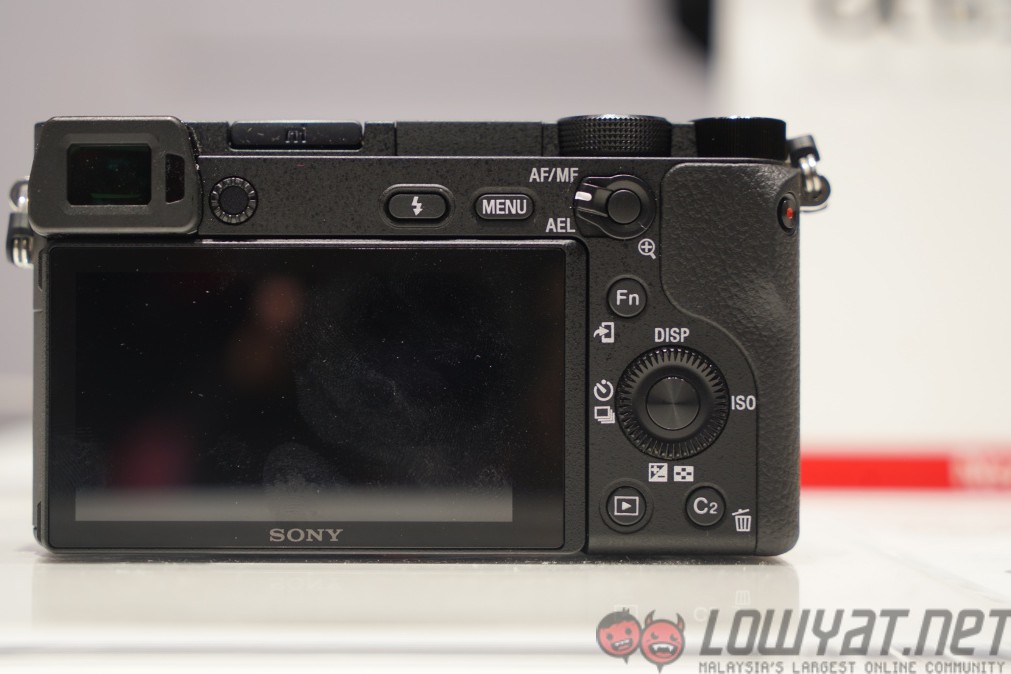
All of the buttons on the Sony A6300 camera are spaced out just nicely and they are all comfortably within my thumb’s reach. I have rather big thumbs but each button press and dial scroll registers properly and comfortably.
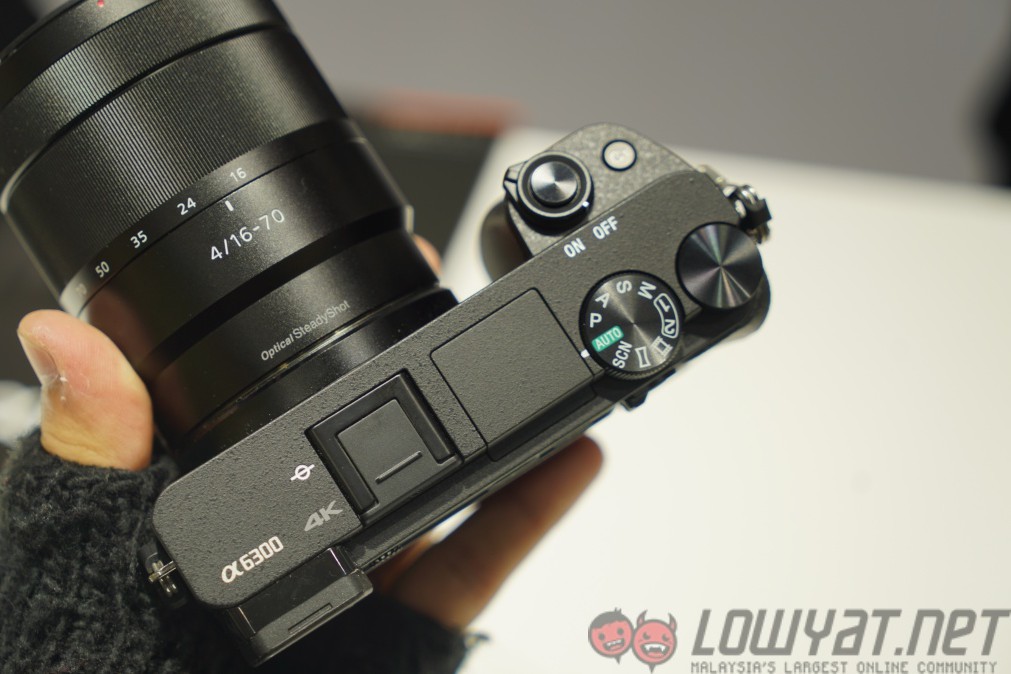
Performance wise, the autofocus speed is noticeably fast. Of course, we can’t tell if it really does lock in 0.05 seconds, but each half press on the shutter button was almost instantly followed with an autofocus beep and the appearance of the AF tracking points on the electronic viewfinder.
With 425 PDAF points across the sensor, the sight of tiny green squares blinking around as I moved the camera is a thoroughly satisfying sight. The only gripe I had with the AF tracking points was that because the 3-inch LCD display is not touch-enabled, there is no ability to lock focus on a specific point or subject in the frame.
On the other hand, the camera is outstanding when it comes to taking shots quickly in both single, and continuous shooting drive modes. And while we weren’t able to test it, the A6300’s video recording ability is also theoretically impressive, with up to 100Mbps 4K recording and 120fps 1080p video for slow-motion playback.
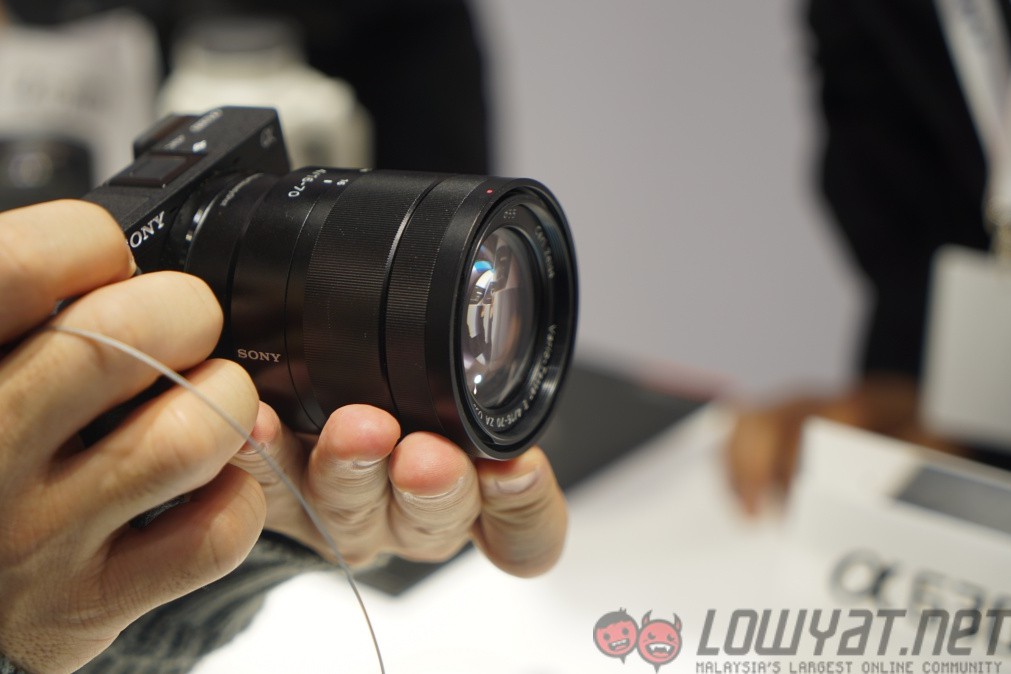
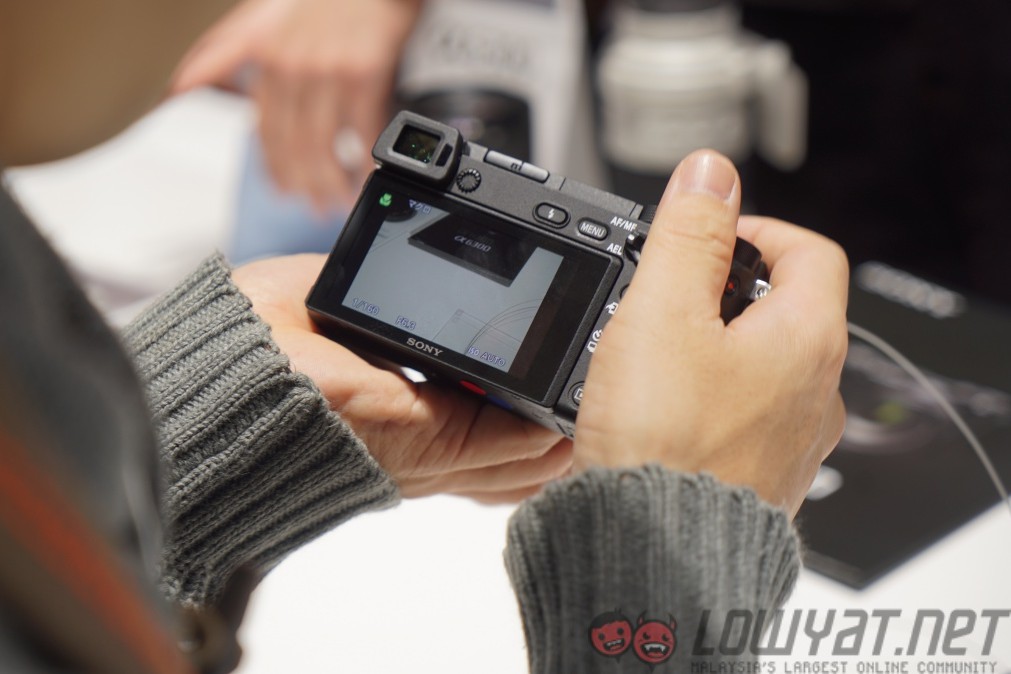
Oddly during the event, we were not allowed to take any sample images and videos with the Alpha 6300. That being said, based on the short hands on session we had with the camera, the Sony Alpha 6300 performs well and lives up to the company’s claim. To find out how it performs in real life, that will have to wait for a full product review.
Sony G Master Lens
Apart from the Alpha 6300 camera, Sony also launched three new G Master lenses – the SEL2470GSM, SEL85F14GM and the SEL70200GM. In addition, the company has also introduced two new teleconverters, which are 1.4x and 2.0x respectively.
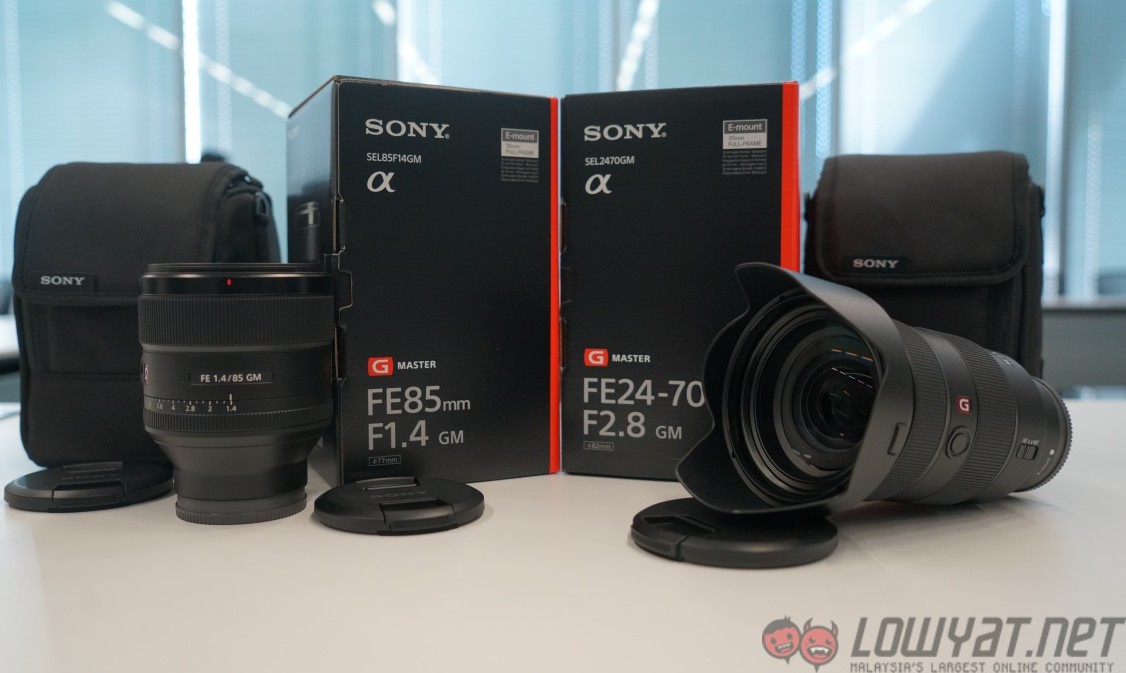
These are the lenses’ specifications:
- SEL2470GSM (24-70mm f/2.8)
- SEL85F14GM (85mm f/1.4)
- SEL70200GM (70-200mm)
For the hands on session with the G Master lenses, we were only given the SEL2470GSM and SEL85F14GM. That’s because the SEL70200GM will only be available later in the year.
SEL2470GSM
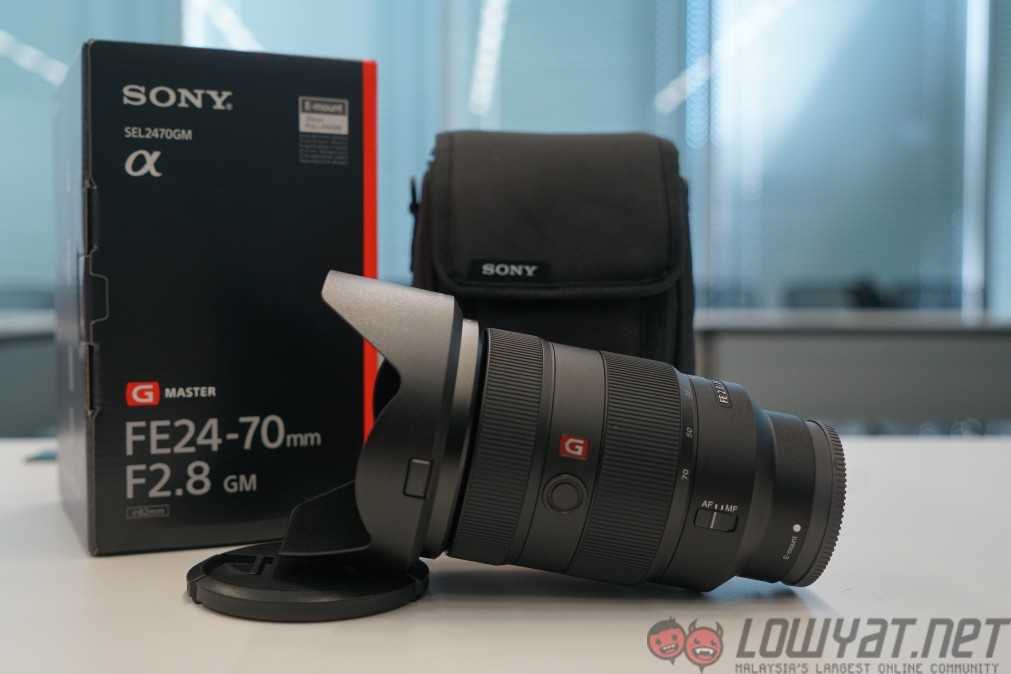
When I unboxed the 24-70mm lens, I was surprised by how big the lens is given its focal length. Compared to the kit 24-70mm lens I was using with a A7R II at the time, the G Master’s lens may be a little hefty and hard to handle at times – especially when it’s mounted on compact cameras like the A7R II or the Alpha 6300 itself – but the fixed F2.8 aperture across the focal range means this lens is worth its heft.
These lens do not have in-lens image stabilisation, which means that while it won’t be an issue with cameras with built-in stabilisation like the A7 series, it may not be a great experience using it with the A6300 which does not offer any form of stabilisation. The lenses does not have gyros in them, but they pack larger glass elements to accommodate high-resolution cameras like the A7 series cameras.
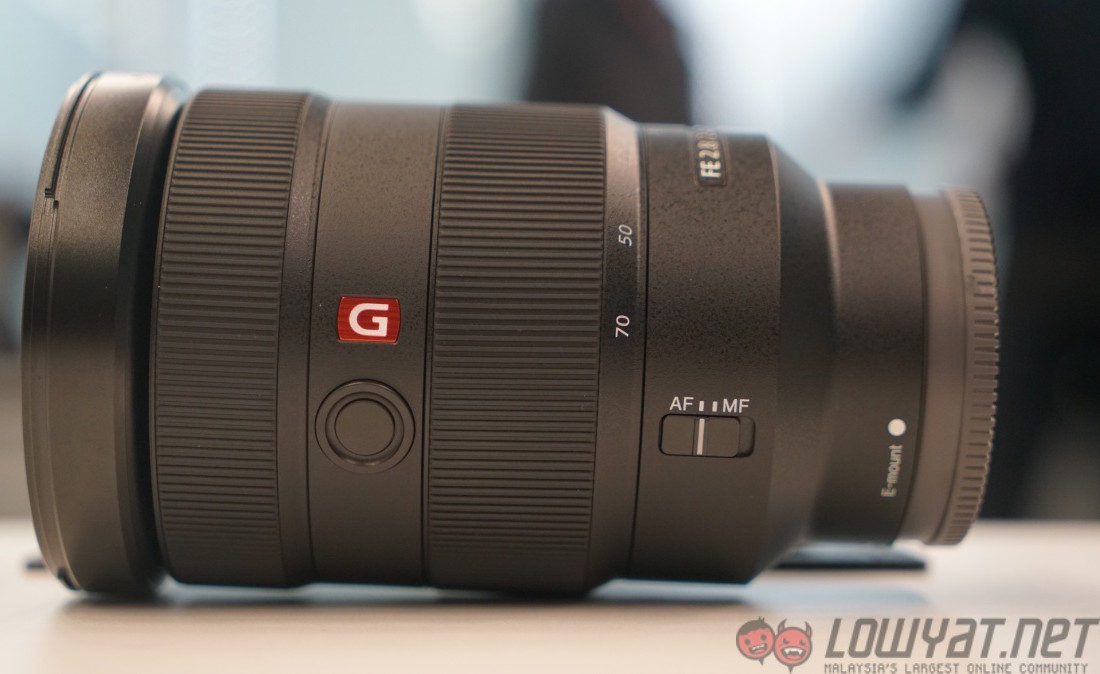
I, for one, would trade size and weight for the quality of an image, though it is understandable that others would not feel the same.
SEL85F14GM
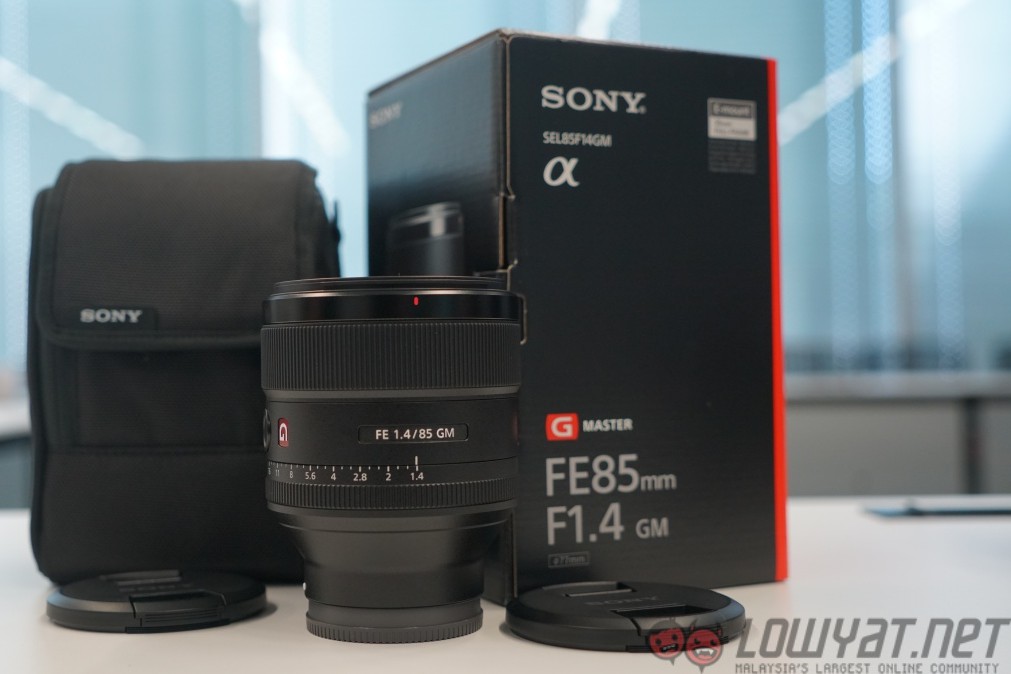
The 85mm lens is superb for portrait photography as it is able to capture amazing colours, proper sharpness and amazing bokeh that appeared very natural. Shots taken produces proper contrast and it makes the subject “pop” with its shallow depth of field.
We were told that the Sony Alpha 6300 camera and the G Master lenses will be making its official Malaysian debut somewhere between late March and early April. As of this writing, no pricing information has been disclosed yet.
Follow us on Instagram, Facebook, Twitter or Telegram for more updates and breaking news.


